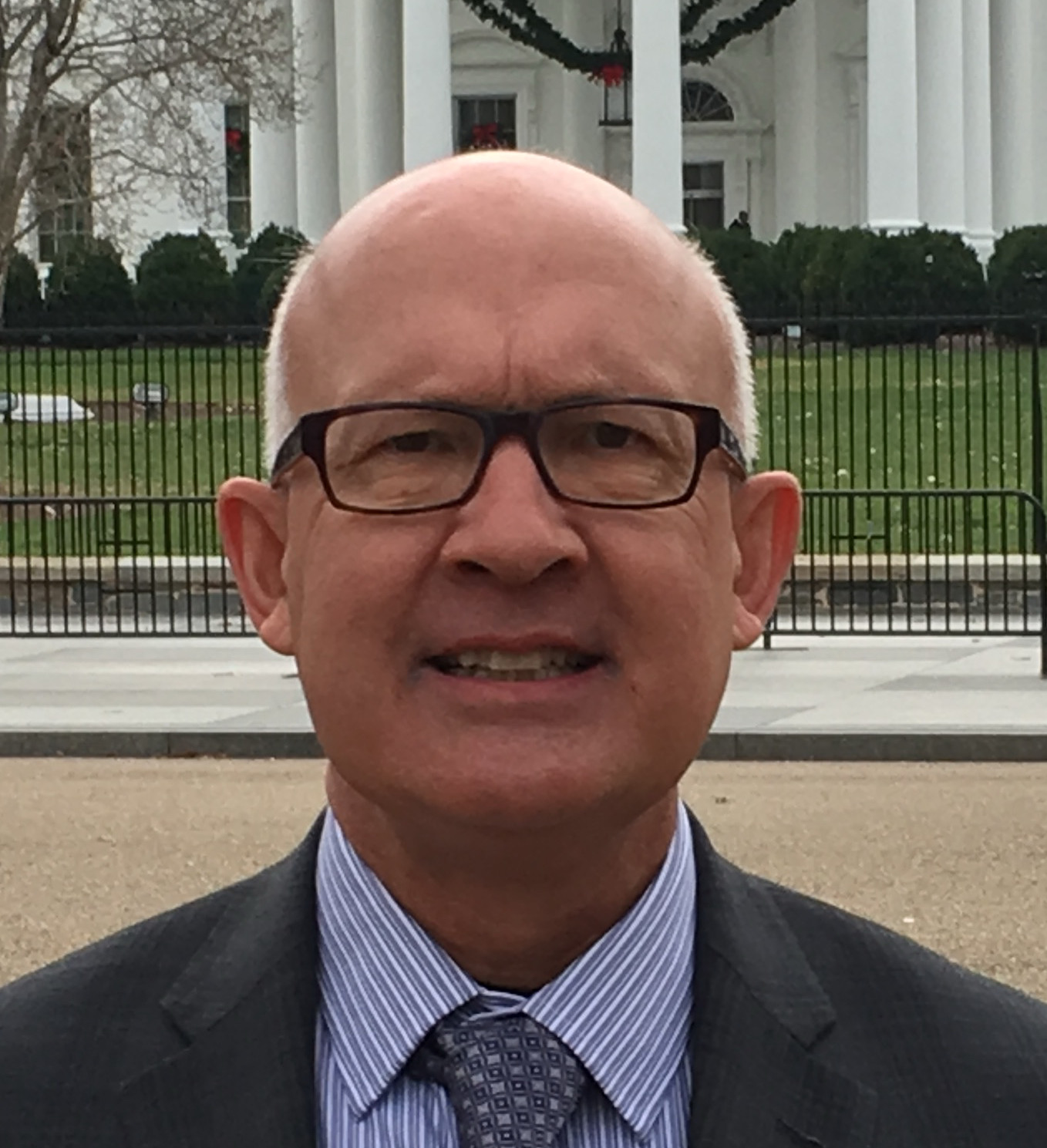California State Assembly, District 25

Ted Stroll
Public policy has favored people in my age group and other adults since the 2008 financial crisis, at children's expense. This favoritism continued and worsened during the Covid pandemic. Children's educational, social and financial needs must not continue to be put behind the interests of everyone else.
-
In a recent poll by Choose Children 2022 of likely general election voters, more than half of parents with children under age 18 say they are likely to move out of the Bay Area in the next few years. What do you think are the top three issues affecting our children and families and how will you make our region a place where all families can thrive?
1. The cost of living is far too high. In particular, decent housing, even an apartment, requires undue financial sacrifices. The reason it's so expensive is that a myriad of bad policies have for decades discouraged new housing. Some of them are beginning to be rectified, but more needs to be done, and quickly.
2. Safe neighborhoods are essential for a good childhood. I was in Alaska in the 1990s. Children walked unescorted to slumber parties and their parents assumed they'd come back the next morning, which they did. By contrast, on my low-income block my neighbor's children played in a tiny yard behind a fence and guard dogs. What kind of childhood is that?
3. I'm out of room, alas. -
As we have learned over the past three years, without quality, affordable, childcare, parents can’t go to work. What will you do to address challenges accessing childcare and preschool programs in our diverse communities?
Plainly, most childcare takes place via school attendance, even if we don't call it childcare. I favor assessing what went right and what went wrong with public-school closures during the pandemic. I have seen no motivation on the part of our current elected officials to undertake this essential inquiry. I was struck by seeing schoolchildren playing in the yard at the Saint Leo the Great Catholic school while, as I understand it, some public schools stayed online even after the CDC said it was unnecessary. The pandemic caused an educational disaster and its causes must be assessed, not ignored. As for preschool, I lack the expertise to have an opinion.
-
Much of the student achievement gap has been linked to the opportunity gap that children in low-income families and children of color confront (e.g., lack of access to healthy food, preschool, tutors, and enrichment activities). If elected, what will you do to increase equity of opportunity?
All children should be told endlessly that they can succeed, no matter their life circumstances. Of course, societal inequities must continue to be eliminated so that their chances are maximized. But there is a limit to what external forces can do. I live on a low-income block near San José State. I never see a child on my block, and we have plenty of them, reading a book. Their parents, all decent people, seem to be unacculturated to the benefits of learning at home and not just during the school day.
-
What steps will you take to support inclusion and outcomes for children with special needs or with disabilities and their families to be fully included in our community?
I lack the expertise to answer this fully, but I have a friend with a child (now adult) who is autistic and intellectually disabled, and the school district in which the family lives made all the difference to both him and his parents through its special-needs curriculum. This access must always be preserved.
-
There is a mental health crisis among children, youth, and those who care for and educate them. If elected, how will you use the resources of your new role to improve access to mental and behavioral health services?
Health insurance must provide more psychiatrists, psychologists, and social workers. Federal law has improved equality of coverage for mental and physical conditions, but mental-health treatment remains inadequate for both children and adults.
Regarding access generally, we have to be careful about single-payer health care. 94% of Californians have health coverage. My opponent wants single-payer instead. Since he's lived in Canada, as have I, he should know not to rush into it. Services are limited by provincial budgets. A "poll conducted in Canada and the U.S. in August suggest[s] Canadians are significantly less satisfied with their access to health care than their American neighbors."